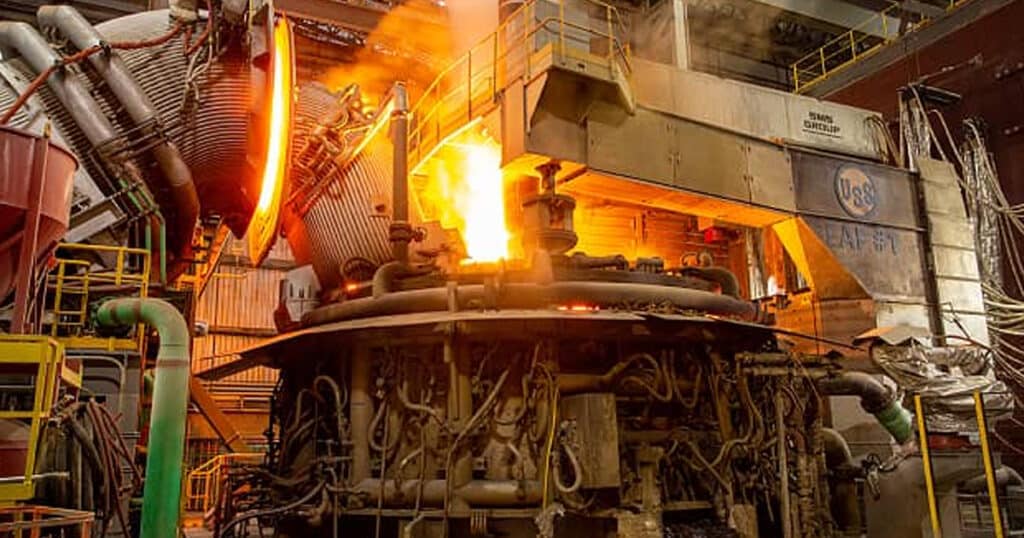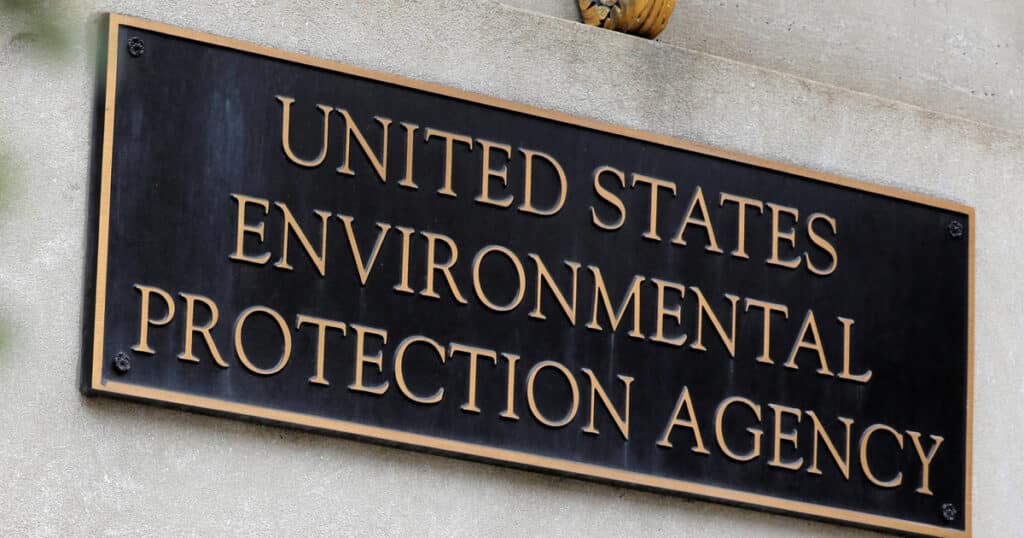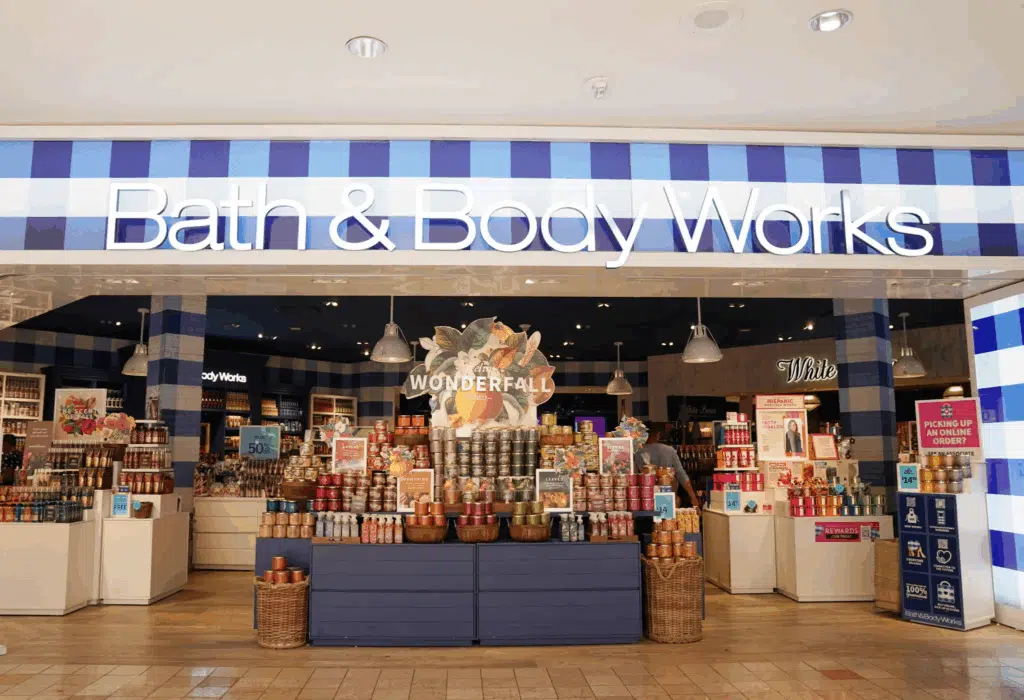
Do Americans Lose If U.S. Steel Gets Sold? Far From It
To reject foreign investment is to impoverish our country—missing out on more capital, productivity, and higher wages for our own workers.
Nippon Steel—Japan’s largest steelmaker—has offered to buy U.S. Steel for $14.1 billion, and all the people who count are frothing at the mouth. For example, President Biden has stated: “U.S. Steel has been an iconic American steel company for more than a century, and it is vital for it to remain an American steel company that is domestically owned and operated.”
Moe Greene, one of the bad guys in the first Godfather movie, sneered at Michael Corleone, the hero: “I buy you out; you don’t buy me out.” This movie might well be one of the best ever made, but its economic understanding, unfortunately, is on par with President Biden’s.
In both these cases, being “bought out” is problematic. Doing the buying, then, is to have the upper hand. If I can put words into the mouths of both these people, “if you sell something, you are a ‘sell out,’” something to be avoided at all costs.
But this is economic illiteracy. In all cases of “capitalist acts between consenting adults,” to use the felicitous phrase of Robert Nozick, both parties necessarily gain welfare, at least in the ex-ante or expectations sense. Joe purchases a shirt for $20. He must have valued the shirt more than that amount; otherwise, he would scarcely have purchased it. If the value he placed on the shirt was $25, he made a profit of $5. The seller, too, benefitted from the sale; otherwise, he would not have engaged in it. If he valued this article of clothing at $10, his profit was $10. Ex post (the value actually realized after the fact) is of course a different story. Usually there are mutual benefits there too, but it is entirely possible that one or both parties to this trade later come to regret it.
Forget about U.S. Steel for a moment. Let us think a little bit bigger. Is the entire country for sale? Shall we all “sell out” our whole nation? From an economic perspective, this question simply cannot be answered, as such. It all depends upon the price we are offered. If the bid is the sun, the moon, and the stars (translation, pretty much anything we can think of), then of course we sell out. For example, if the buyer will grant us an end to all diseases such as cancer, diabetes, dementia, etc., all the land in the remainder of the world, and that we Americans can live forever in our 22-year-old bodies, there can be little doubt that this would be not a good deal, not an excellent deal, but the best deal ever made in the entire history of deals. Yes, let’s sell out the country.
Let us return to reality. The Nippon Steel offer is not the first time the Japanese have offered to purchase an “iconic” bit of US property. In 1989 Mitsubishi took control of Rockefeller Center for $1.4 billion. For the non-initiated, this is a bit of real estate smack dab in the middle of the high-priced area of Manhattan, consisting of numerous skyscrapers and a world-famous ice rink.
The attitude of those opposed to this sale was: hey, we beat ’em fair and square in World War II, and now they are taking over our country? Fugghedaboudit! But the Americans who sold this holding for $1.4 billion valued it at less than that amount; hence, they registered a profit! In the event, Rockefeller Center was later resold by the Japanese for a loss, but that is entirely irrelevant to our case. All voluntary trades are mutually beneficial, ex ante.
One of the reasons the US is as wealthy as it is is that foreigners are interested in investing in our economy. More capital boosts the productivity, and hence the wages, of our workers. But this offer is part and parcel of that phenomenon. To reject it is thus to impoverish our country.
Want to “safeguard” US Steel from the depredations of those supposedly evil foreigners? Get rid of that 25 percent tariff on the importation of steel that protectionist Trump installed and protectionist Biden continued. Then, Nippon could export cheaper steel to our country without having to upset those opposed to this deal.
Originally published here.



